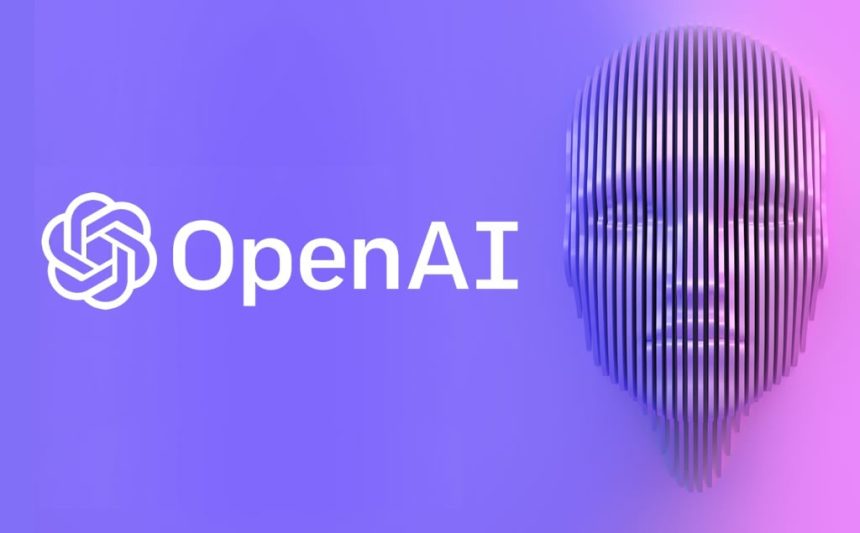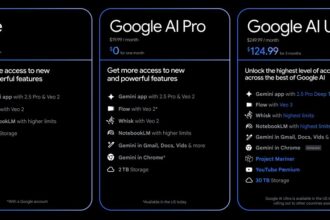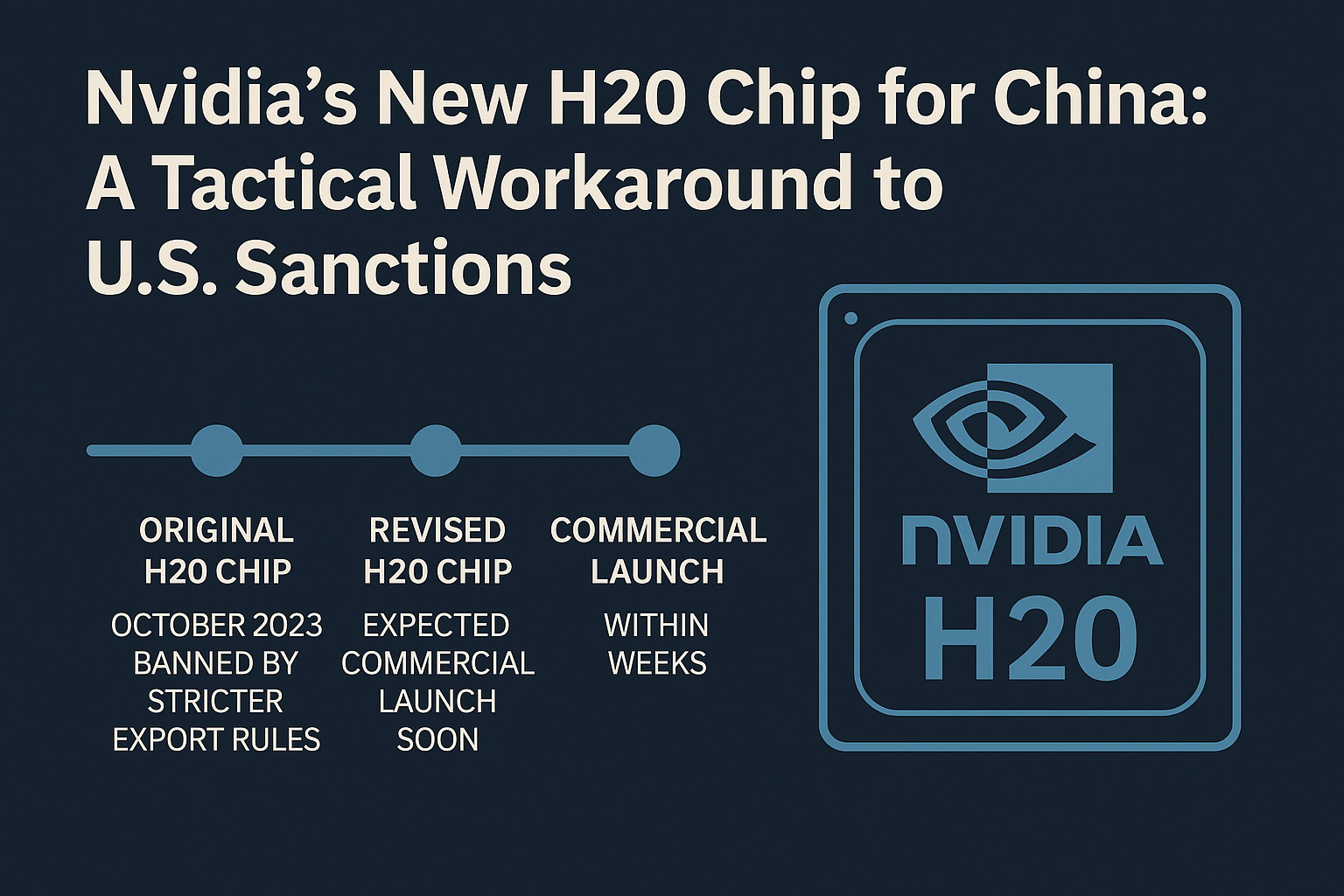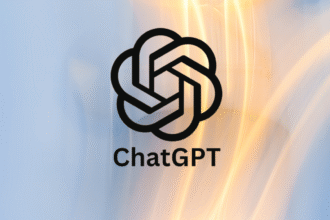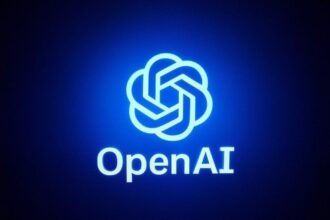In a recent update to its usage policy, OpenAI has silently shifted its stance on military applications of its technologies. The company’s prior policy explicitly barred the use of its products in military and warfare contexts.
But now, OpenAI has removed that restriction without explicitly denying its newfound openness to military applications.
The Intercept first noticed the change which seems to have been implemented on January 10. While alterations in policy language are common in the tech industry as products evolve, this modification represents a substantial shift rather than a mere clarification.
OpenAI’s recent announcement of the public rollout of user-customizable GPTs and a vaguely outlined monetization policy likely triggered the need for policy adjustments. However, removing the “military and warfare” prohibition cannot be easily dismissed as a routine update or improved clarity.
Contrary to OpenAI’s statement suggesting the change is for enhanced readability, it appears to be a meaningful policy shift rather than a mere rephrasing. You may want to compare the current policy and the previous one to better understand that the list of prohibited practices has been replaced with more general guidelines, reflecting a shift toward flexibility in interpretation.
Despite OpenAI representative Niko Felix asserting a continued ban on developing and using weapons, the separation of this statement from the now-removed “military and warfare” prohibition raises questions about OpenAI’s openness to various military-related activities beyond weapon development.
There are also speculations concerning potential business opportunities for OpenAI in collaborating with military entities that engage in non-combat-related activities such as research, investment, small business funds, and infrastructure support.
OpenAI’s GPT platforms could prove valuable for applications like summarizing decades of documentation on a region’s water infrastructure and offering non-combat utility to military personnel.
Navigating the relationship between government and military funding is challenging for many companies, with distinctions between strictly warfare-related and broader military activities becoming increasingly complex.
OpenAI’s removal of the “military and warfare” restriction implies a willingness to engage with military customers, prompting inquiries seeking confirmation from the company.
OpenAI responded to inquiries with the same statement provided to The Intercept, neither confirming nor disputing its openness to military applications and customers. This non-denial suggests that OpenAI is, at the very least, open to exploring opportunities within the military domain.

